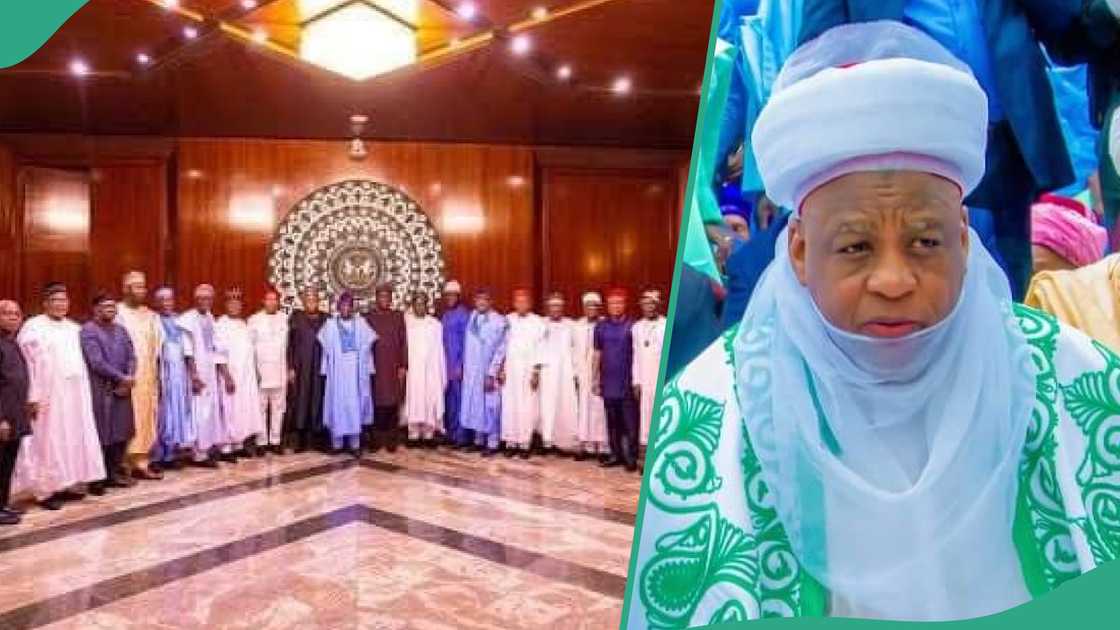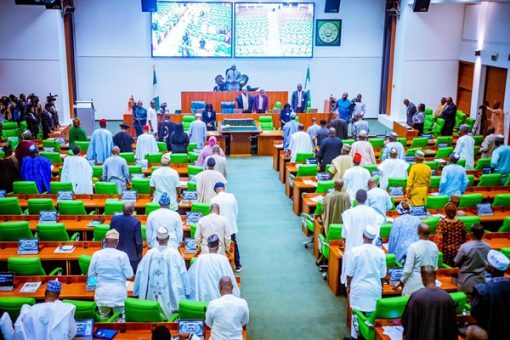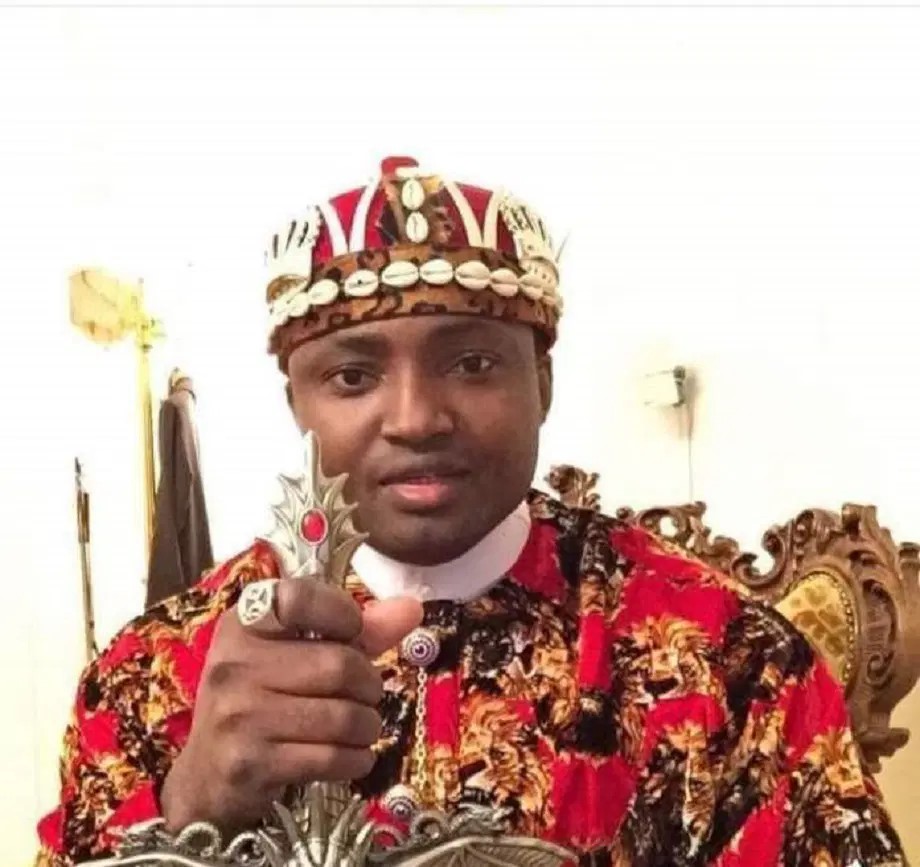- The Sultan of Sokoto, Sa'ad Mohammad Abubakar II, has dismissed the claim that the traditional rulers in Nigeria are scared of the governors
- According to the traditional ruler, the monarchs are only being respectful of the authority the governors are holding for the four years they would serve
- The supreme leader of Muslims in Nigeria maintained that the traditional ruler system had been in existence before the advent of the governorship system and therefore understood the country than the governors
The Sultan of Sokoto, Sa'ad Mohammad Abubakar II, has fired back at claims that traditional rulers are intimidated by governors, stating that monarchs have been governing the country before Nigeria's independence in 1960.
Speaking at a Stakeholders' roundtable on Northern Nigerian Youth Development in Abuja, the Sultan emphasized that traditional rulers aren't afraid but rather respectful of governors' authority.

Source: Twitter
Sultan of Sokoto replies ex-Niger governor
This statement was in response to former Niger State Governor Babangida Aliyu's assertion that traditional rulers are fearful of their governors. The Sultan clarified that traditional rulers' institutions have been in place since 1914, long before the establishment of the governorship system. He believes this history gives traditional leaders a deeper understanding of the country and its people.
As the spiritual leader of Nigeria's Muslims and the 20th Sultan of Sokoto, Sa'ad Abubakar's words carry significant weight. His ancestry dates back to Sheikh Usman Dan Fodio, the founder of the Sokoto Caliphate. With a rich history and cultural significance, the Sultan's position is not only ceremonial but also influential in shaping the country's social and religious fabric.
The Sultan's statement highlights the importance of traditional leadership in Nigeria's governance structure. By emphasizing their long-standing presence and connection to the people, he asserts their value in the country's development. This perspective is crucial in understanding the complex relationships between traditional rulers, governors, and the federal government.
Source: Legit.ng















 English (US) ·
English (US) ·